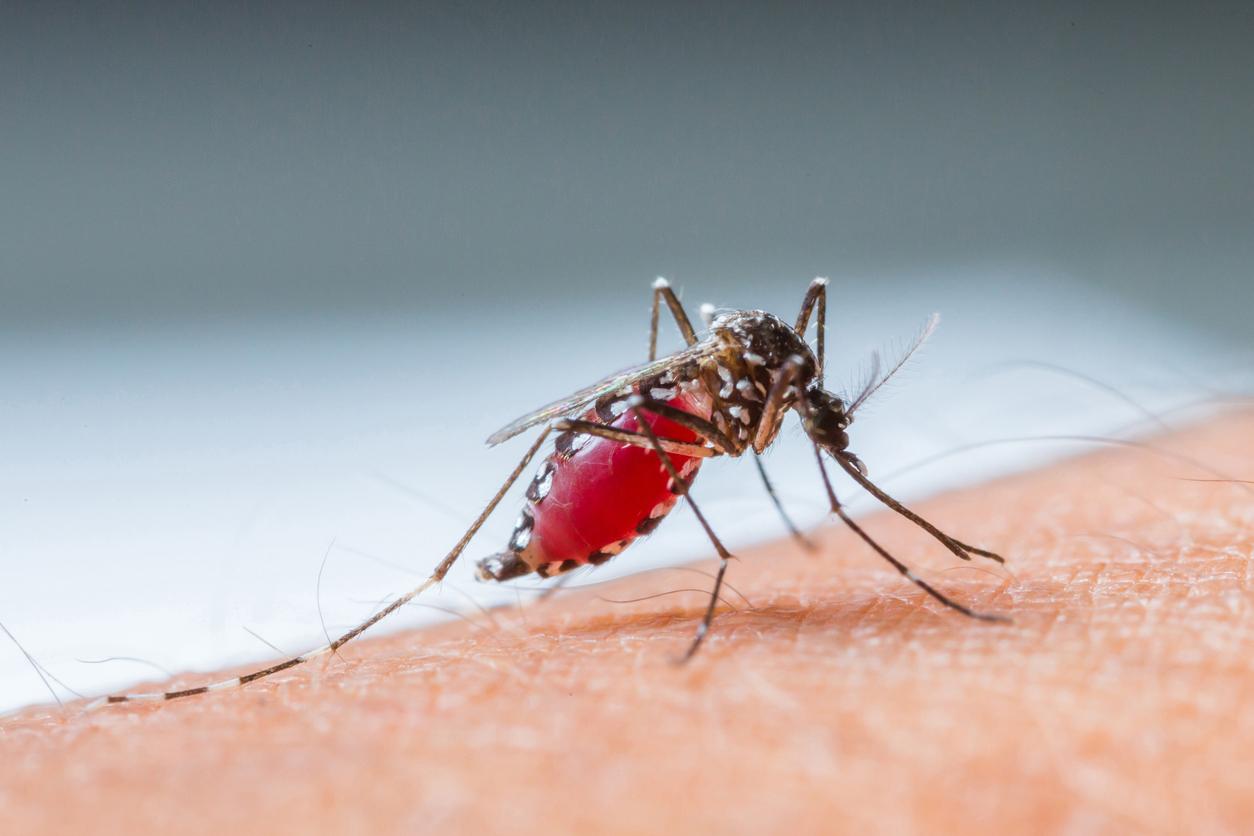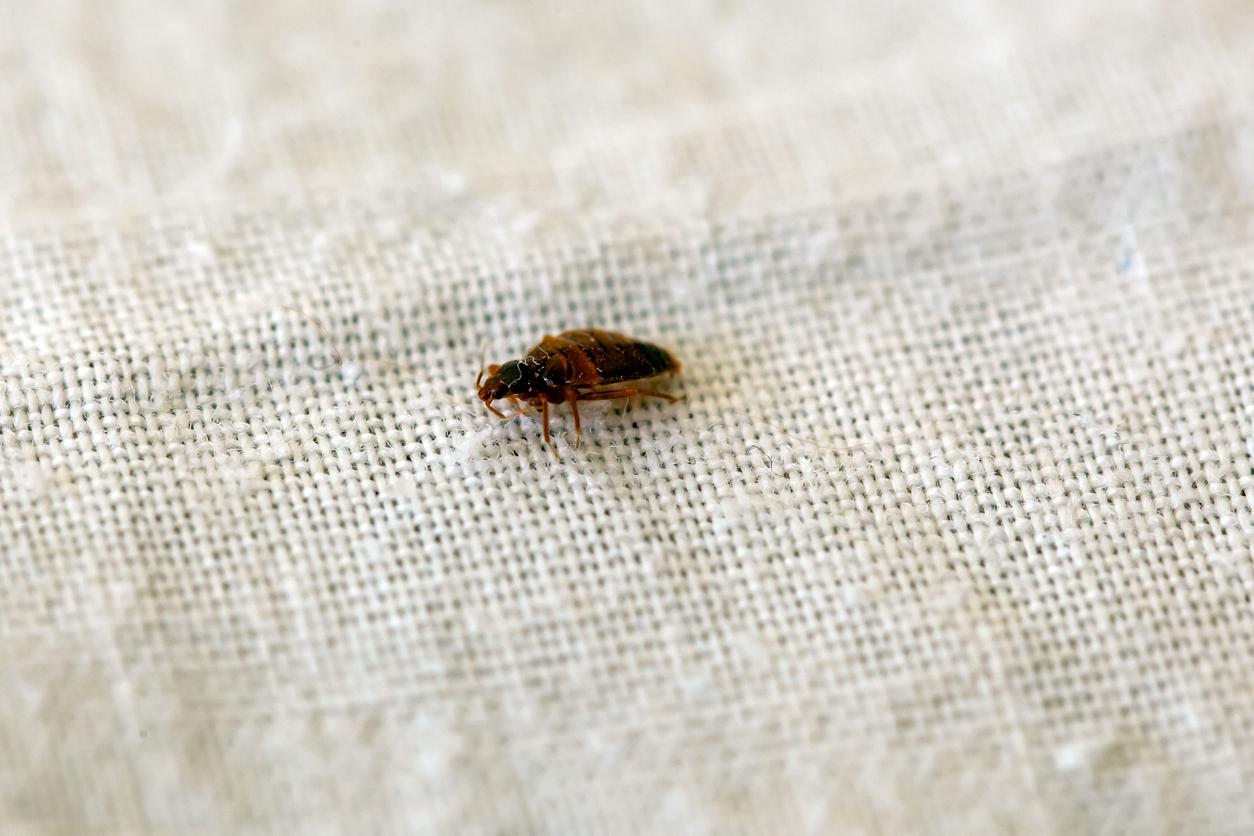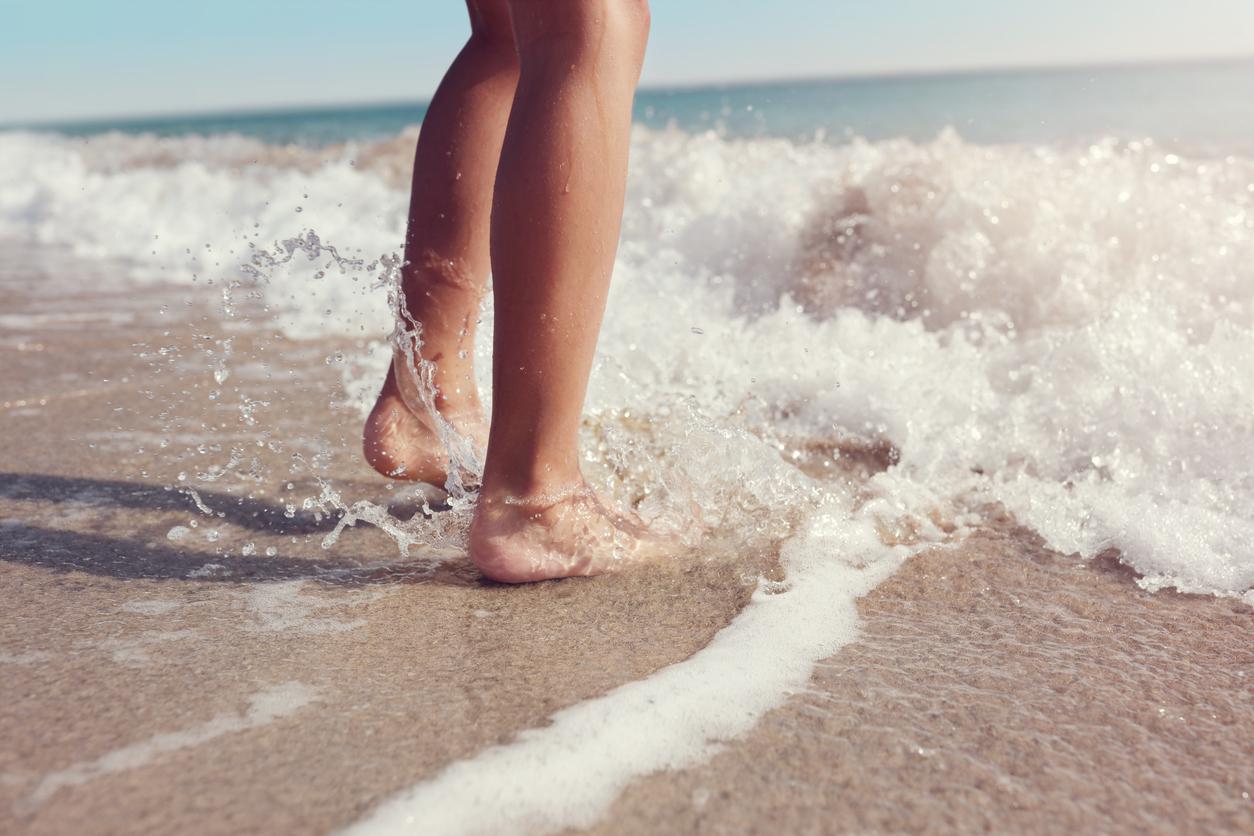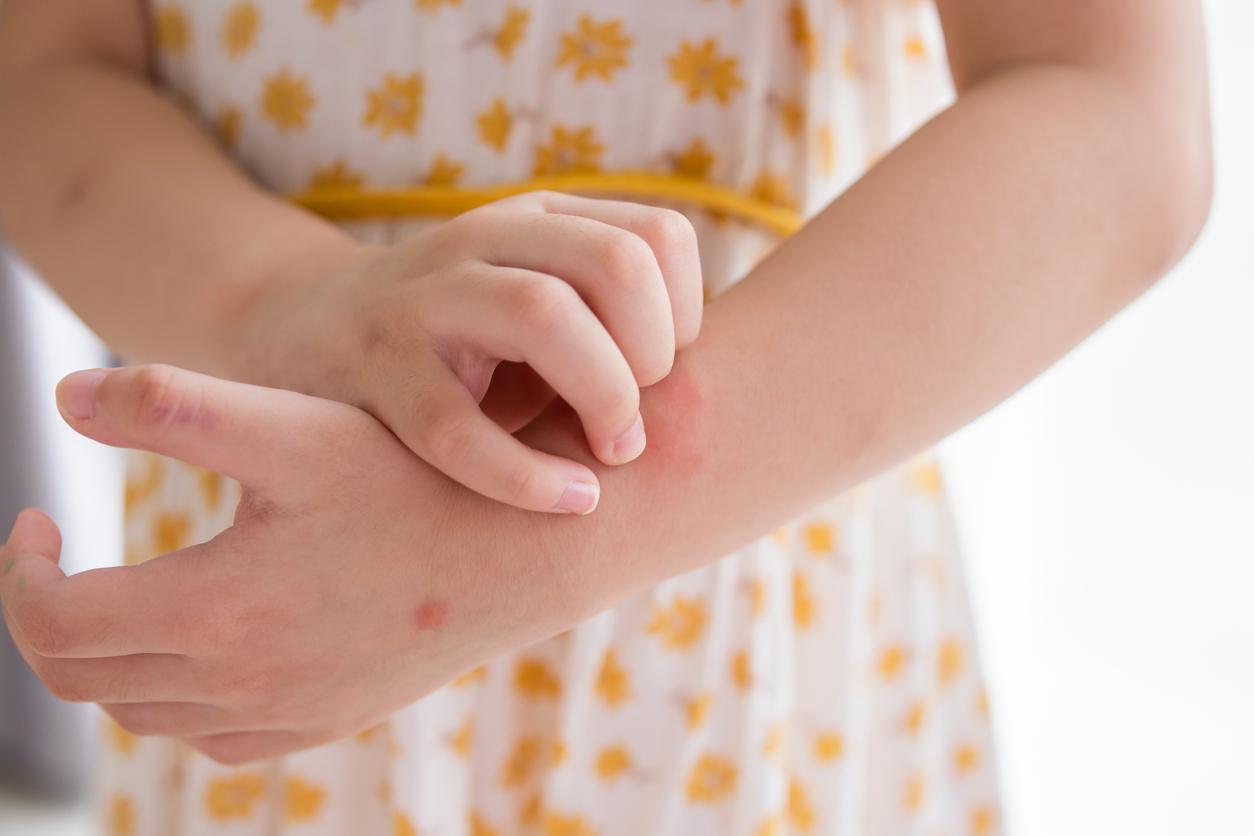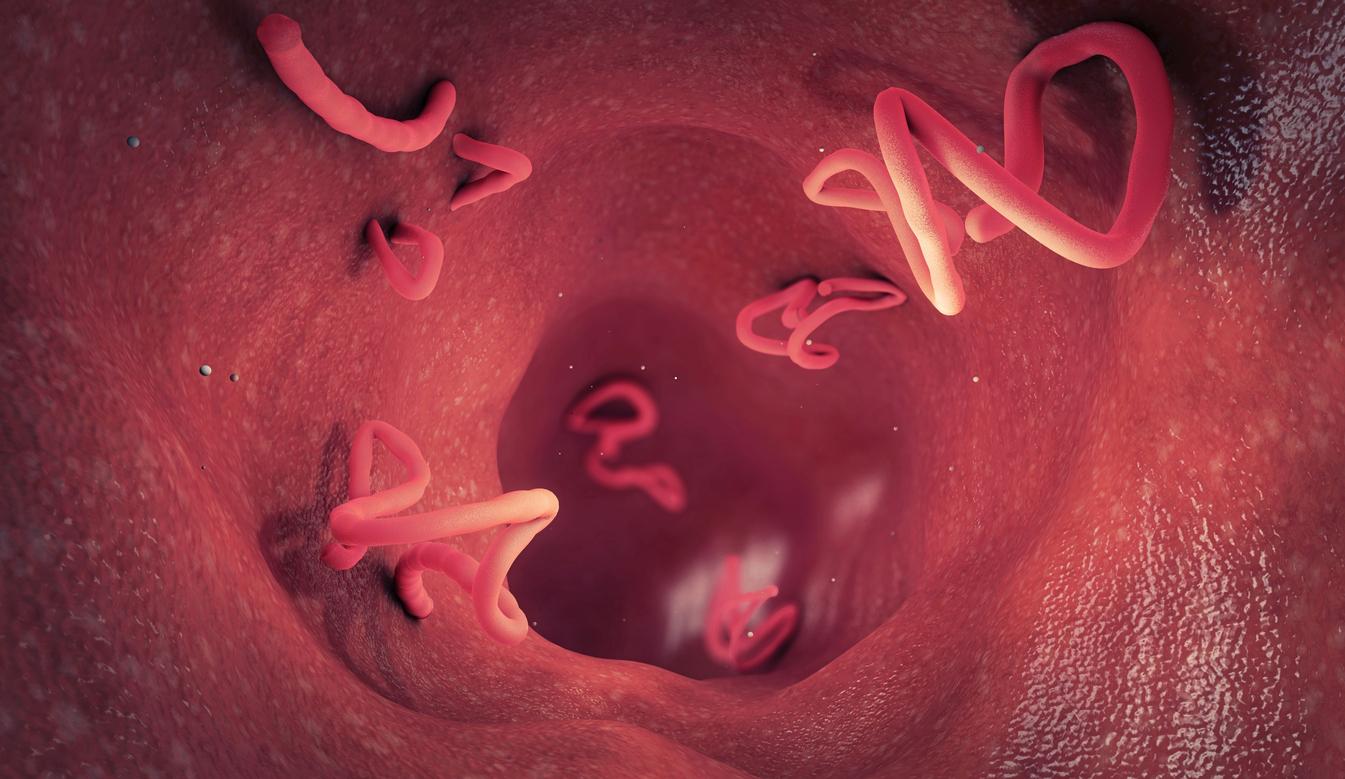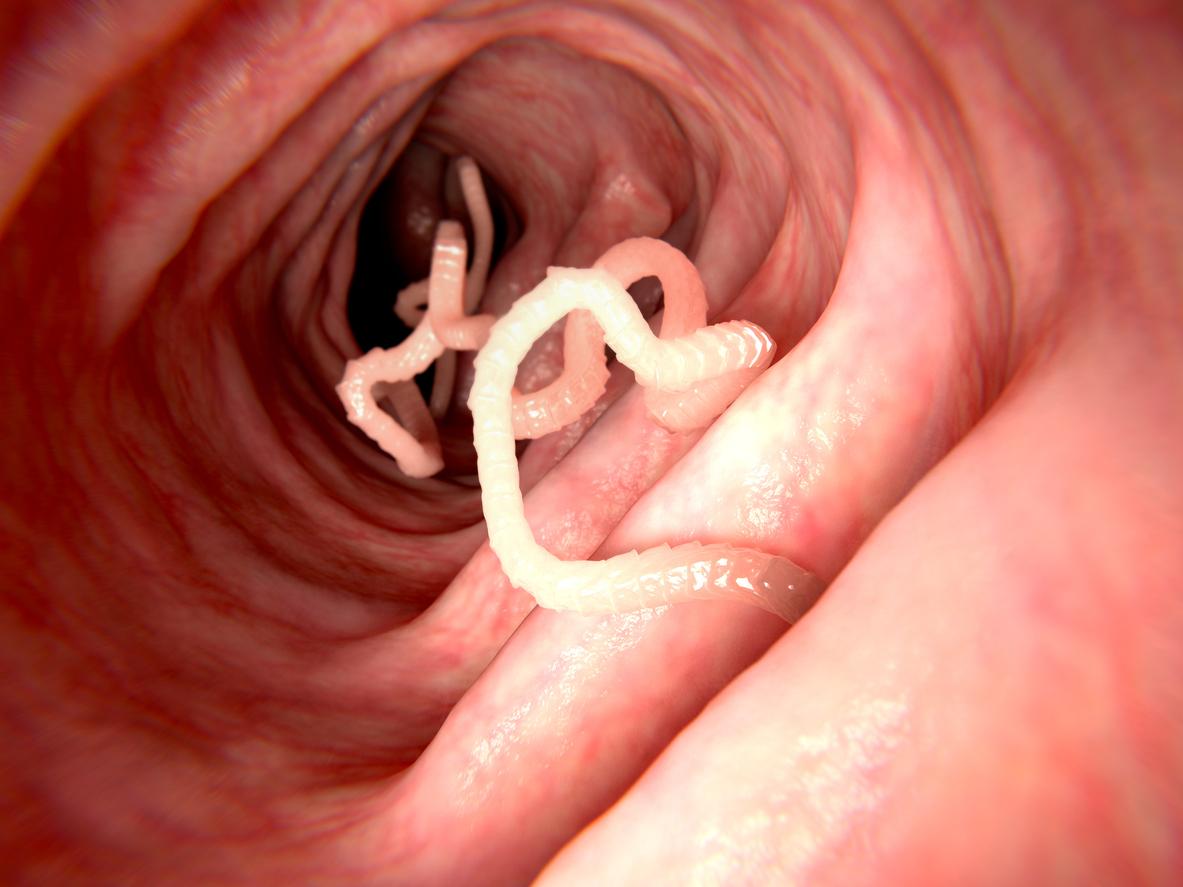Children have been covered in bites after cooling off in a lake in Savoie.
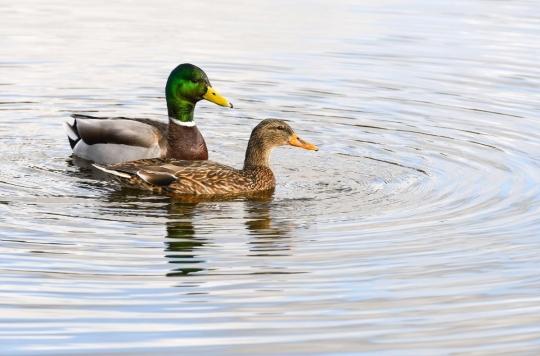
During peak heat, there’s nothing like a bath in cool water to relax. But summer is also conducive to the return of certain diseases and other parasites. In recent years, more and more people have been contracting swimmer’s itch: a benign skin condition caused by duck fleas.
In Savoie, last weekend, a family of 4 took advantage of a day at Lac du Bourget to swim. As the story goes Dauphine Libereall were massively bitten by duck fleas, despite showering while getting out of the water.
Parasites that accidentally attack humans
Duck fleas are part of the family of trichobilharzia. They are parasites that take the form of flatworms. Their larvae cling to freshwater snails to develop. Once detached from their host, they penetrate the epidermis of their prey. In some cases, it is not ducks or other birds that fleas contaminate, but humans.
When an individual contracts swimmer’s itch, their skin becomes covered in pimples, they experience tingling and severe itching. In principle, the condition is mild, the larvae die some time after penetrating the epidermis, but some people may develop allergic reactions.
How to protect yourself?
To protect against it, the Ministry of Health recommends to give priority to swimming in deep water, because the larvae are often present where the level is low, and not to stay too long in the water. After swimming, you must shower and then dry yourself vigorously with a towel, because, a priori, the larvae would remain on the surface of the skin for a certain time before penetrating it.
If despite these precautions, duck fleas bite you, the first step is to ice the areas of the bites to relieve the itching. Then, it is advisable to go to a pharmacy or consult a doctor to receive a treatment capable of relieving the symptoms.
In particularly affected areas, measures can be taken to reduce the risk of contamination, such as collecting freshwater snails.









